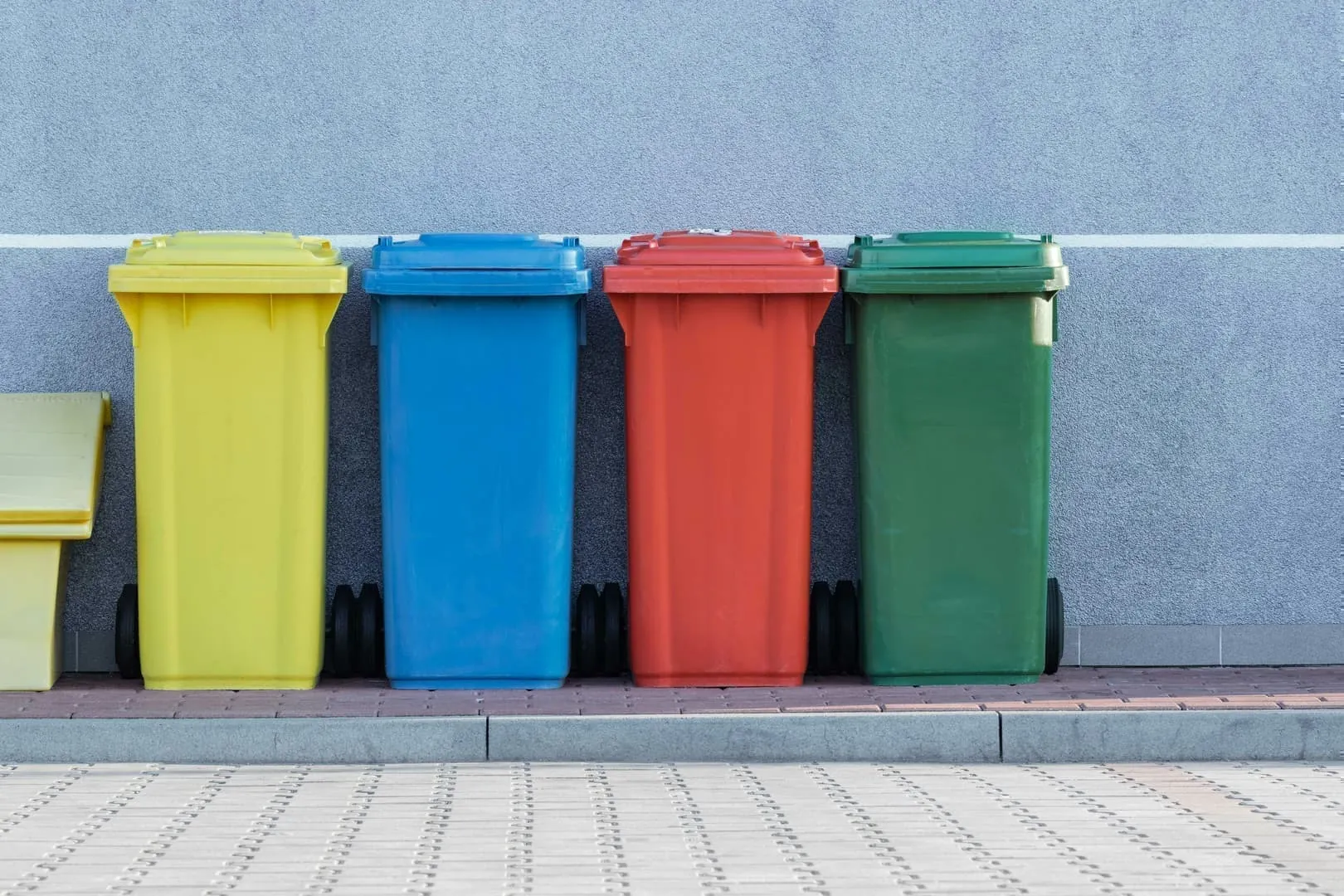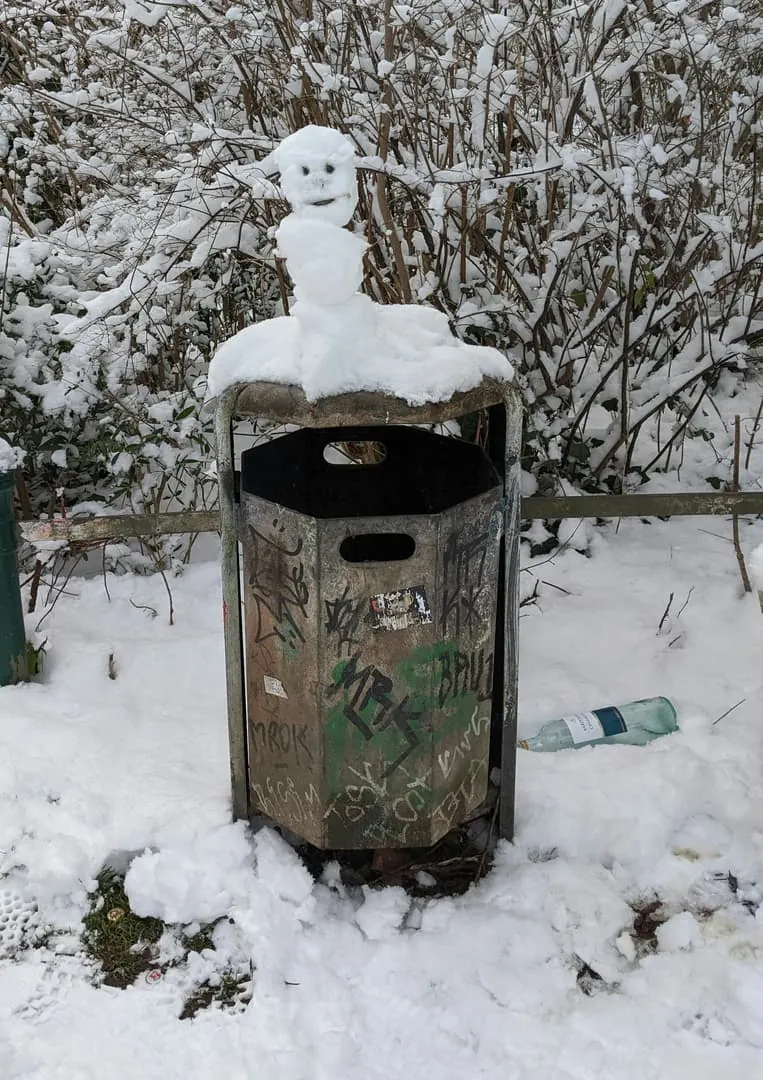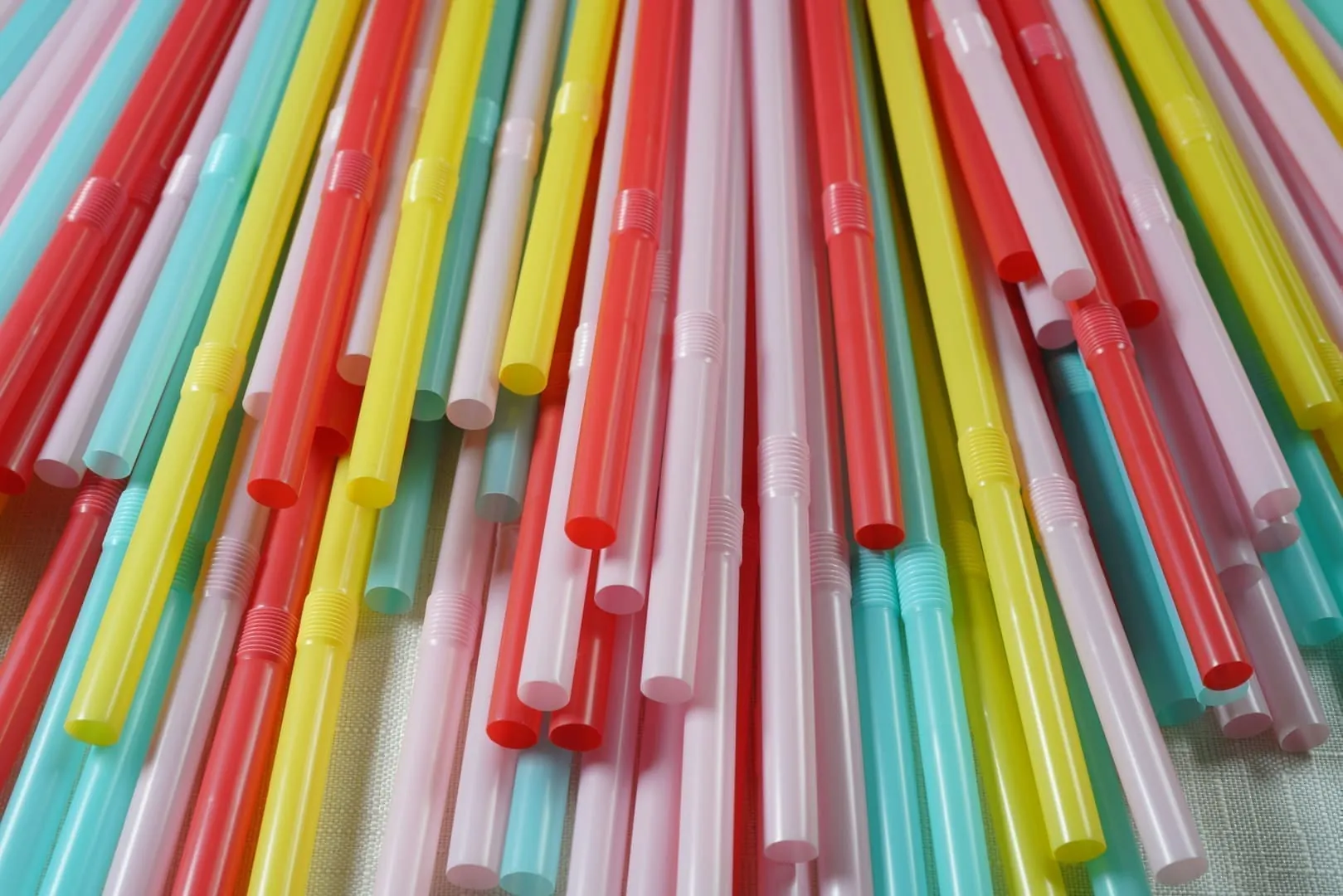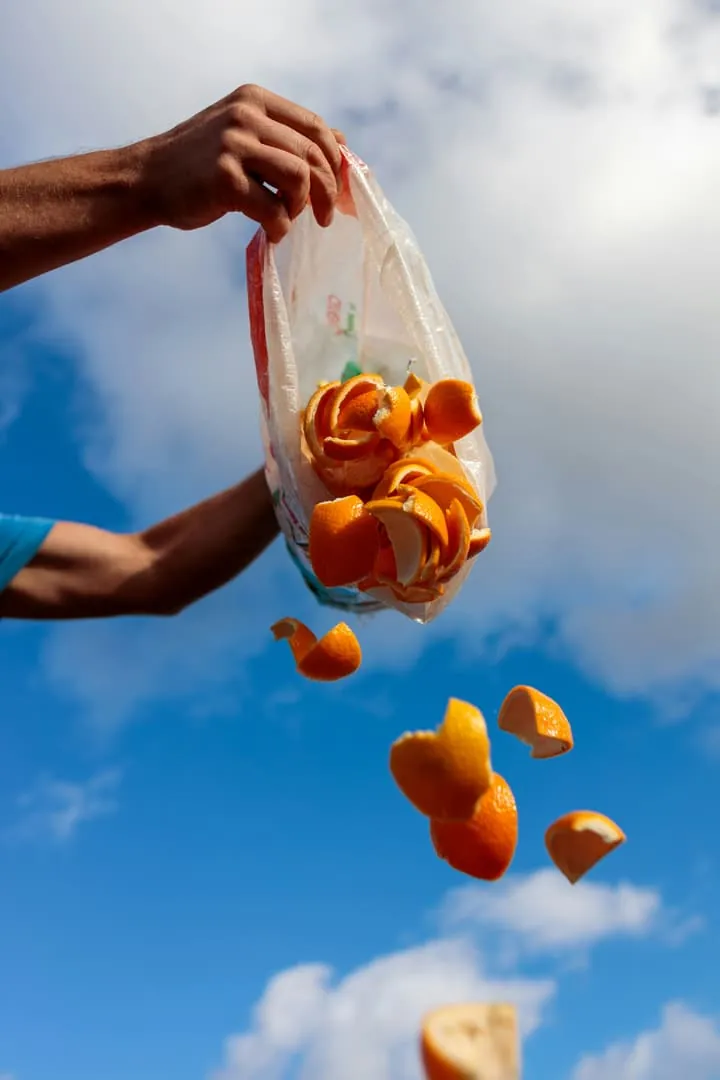
Reuse before recycle: how Europeans are giving everyday objects a second life
Before even thinking about recycling, real waste reduction starts with one habit: reusing. Across Europe, millions of households are giving new life to worn or forgotten objects — not out of nostalgia, but out of common sense. From jars to furniture to clothes, almost anything can find a second purpose with a bit of creativity and care.
The rise of DIY makeovers
Sanding, repainting, transforming — home makeovers are booming. In Lyon, the collective La Recyclerie Créative hosts free workshops on repairing furniture or giving chairs a second life. In Berlin, stores like NochMall sell only refurbished items, from sofas to kitchen tools. A can of eco-friendly paint, a few hours of work, and some patience can turn an old table into something that looks straight out of a design magazine. These simple actions extend object life and reduce the need for new purchases.
Local donation boxes and reuse centers
Across Europe, reuse centers and donation boxes are flourishing. In Brussels, residents leave books, dishes, and clothes in neighborhood sharing cupboards. In France, the Emmaüs Alternatives network collects over 10,000 tonnes of items each year, giving them a second home. In Barcelona, the city's Reparatruck van visits neighborhoods to repair small appliances and toys for free. These local initiatives extend product life and create community jobs — real, working examples of a circular economy.
Everyday reuse: practical habits
You don't need to be a DIY expert to reuse creatively. Here are a few tested ideas: • Jam jars → perfect for storing rice, lentils, or spices. • Old shirts → cut into washable cloths for the kitchen or bathroom. • Glass bottles → easily turned into vases or lamps using a small electrical kit (available in most European hardware stores). • Wine crates → stacked and varnished, they make rustic shelves for books or plants. Before buying anything new, ask yourself: do I already own something that could serve another purpose? Practiced often, this small habit transforms the way we consume. Learn more about cutting waste in our zero-waste kitchen starter guide.
Give instead of throw away
Something you no longer need could be valuable to someone else. Platforms like Geev, Freecycle, and Vinted make it easy to give away or sell items at low cost. A child's bike, an extra lamp, or a set of books will quickly find a new home. Some city councils even organize neighborhood swap days, where people trade items in a friendly setting. These small acts cut waste and remind us that most things deserve more than one life. For more tips, see our article on cutting food waste.
Conclusion: Reusing before recycling isn't just an eco gesture — it's a mindset. By giving objects a second life, we rediscover their value and reduce our footprint effortlessly. Creativity replaces consumption, and every saved object tells a story worth keeping.
About the author:
Alexandre Dubois is a European sustainability enthusiast who shares practical, tested tips for everyday life. From saving on household energy to reducing waste, he focuses on simple changes that deliver real impact. He writes from personal experience, testing solutions in his own home before recommending them. Contact: info@greendailyfix.com
Related posts

Winter Recycling 2025: 10 Simple Ways to Cut Waste at Home
When winter arrives, we spend more time indoors — and that often means more packaging, food scraps, and waste. But cutting down on winter waste is easier than you think. Here are ten practical ways to enjoy a cozy, sustainable, low-waste season.

Zero-Waste Cooking: Turning Peels and Scraps into Autumn Dishes
Every household wastes around 30 kg of food per year – often edible peels and scraps. Autumn's soups and slow dishes make it the perfect season to turn leftovers into flavor. Here's how to transform kitchen waste into delicious, eco-friendly meals.

Goodbye single-use plastic: where does Europe stand in 2025?
Since 2021, the European Union has banned a range of single-use plastics such as straws, cutlery, and some food packaging. Four years later, change is visible, but progress remains uneven across countries and sectors. Where do things really stand in 2025?

Cutting food waste without becoming rigid
Every time I throw food away, it feels like I'm tossing money straight into the bin. And I'm not alone: the average French household wastes 20 kg of food a year, including 7 kg still in packaging. That's about €240 gone. But there are simple ways to cut this waste without turning daily life into a strict routine.